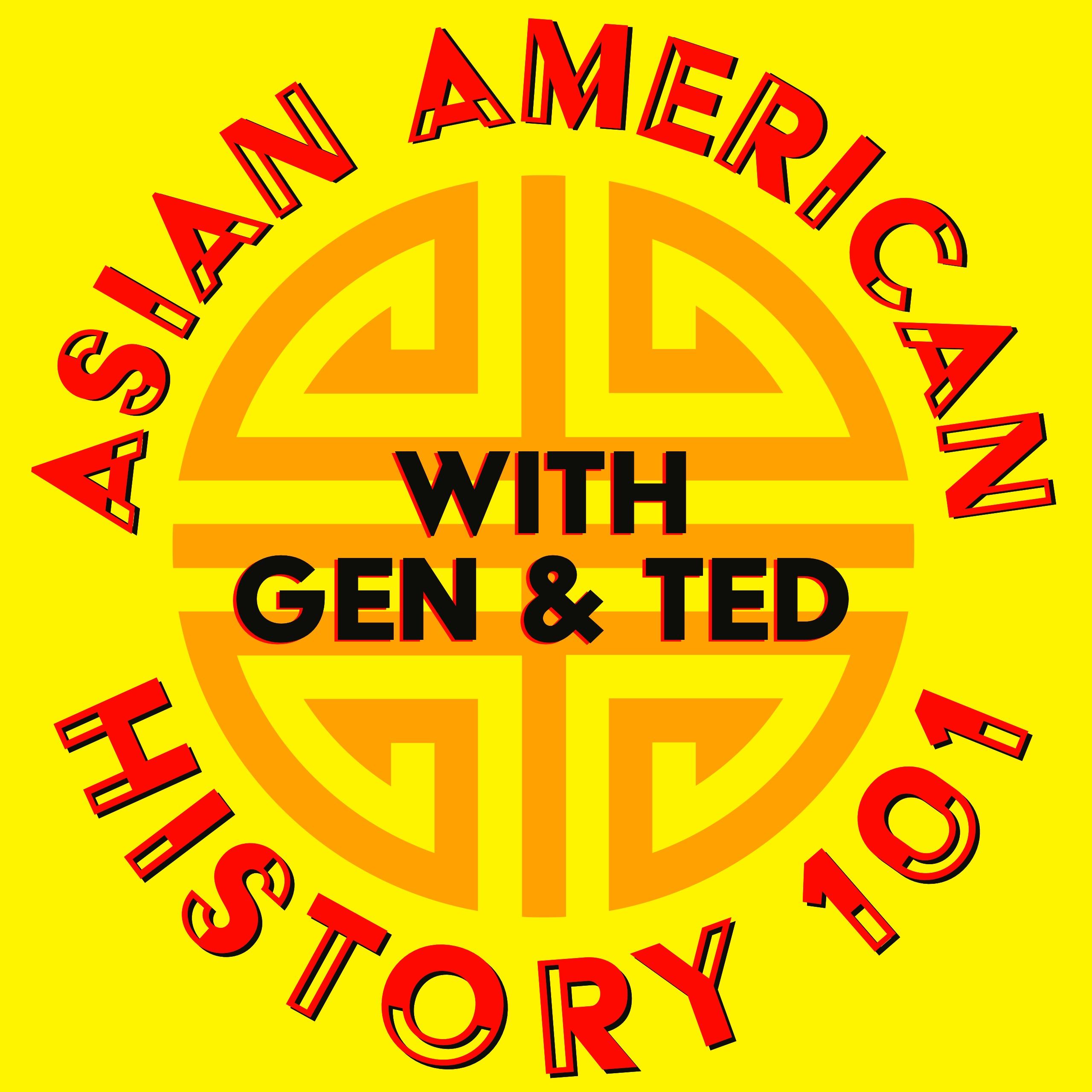The History of The Hawaiian Steel Guitar
Description

Welcome to Season 4, Episode 40! You may not know what a steel guitar is, but once you hear the sound it makes, we guarantee you’ve heard music where it’s used. Originating in Hawaii, the steel guitar has gone on to spark innovation and integration into bluegrass, blues, jazz, country, and more.
In this episode, we share the origins of the Hawaiian Steel Guitar as well as some of the key players and events that made Hawaiian music so popular in the early 1900s. To learn more, we recommend checking out recordings of Sol Ho’opi’i, King Nawahi, Kalama’s Quartet, Sam Ku West, and other masters of the Hawaiian Steel Guitar. You can also read the book Kika Kila: How the Hawaiian Steel Guitar Changed the Sound of Modern Music by John Troutman.
We also take time to discuss the big night of Emmy wins for Shōgun as well as the historic season for Shohei Ohtani. We close out this episode by talking about what we’re watching… DiDi the movie and Sarah Kinsley in concert.
If you like what we do, please share, follow, and like us in your podcast directory of choice or on Instagram @AAHistory101. For previous episodes and resources, please visit our site at https://asianamericanhistory101.libsyn.com or social media links at http://castpie.com/AAHistory101. If you have any questions, comments or suggestions, email us at info@aahistory101.com.
Segments
- 00:25 Talking about Shōgun and Shohei Ohtani
- 03:10 The History of the Hawaiian Steel Guitar
- 19:16 What Are We Watching? The Movie Didi and Sarah Kinsley in Concert









